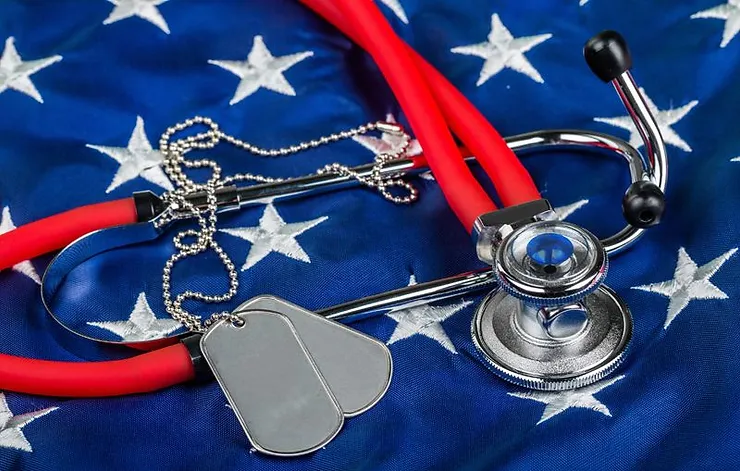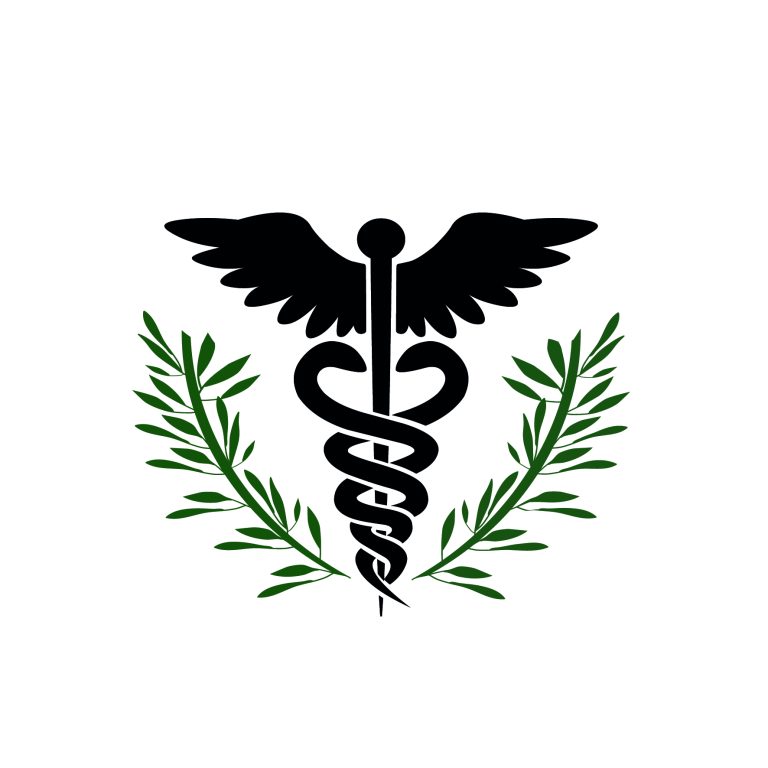By Russell B. Lemle, PhD, VHPI Policy Director
VHPI recently criticized the VA’s Office of Inspector General (OIG) for providing far too little oversight of the Community Care Network (CCN), a growing cadre of private providers who now deliver a third of VA’s health care. One step in the right direction is a new OIG report regarding CCN providers who prescribe controlled substances for veterans. It contained damning proof how:
· Large percentages of CCN providers don’t meet the required standard of care for safe prescribing.
· Despite being required to do so in their contracts, the Third-Party Administrators (TPAs) who manage the CCN – Optum and TriWest – don’t assess if their network providers comply with clinical and legal standards.
· The VA’s Office of Integrated Veteran Care (IVC) is unwilling to apply repercussions for TPA failures or provider negligence because maintaining a large pool of private providers, even ones who practice below standards, is all that matters.
The MISSION Act of 2018 directs VA to ensure that CCN providers who prescribe opioids to veterans do so safely. There are crucial reasons for this charge. The Centers for Disease Control and Prevention (CDC) reported that most fatal opioid overdoses — which continue to increase — are associated with patients who received opioid prescriptions from multiple healthcare providers. There were 146,000 opioid prescriptions written by CCN providers for approximately 48,100 veterans during FY 2021. Clinical and legal standards of care require that a provider enquire whether there may already be an existing prescription before writing their own. They’re not doing that.
The contracts that the TPAs signed with VA include the requirement that TPAs ensure their providers read VA’s Opioid Safety Initiative (OSI) guidelines to become a CCN provider. The contracts also require TPAs to ensure that providers comply with Prescription Drug Monitoring Program (PDMP) regulations.
Based on a random sampling, the OIG found that over 80% of CCN providers who prescribed opioids to veterans in FY 2021 did not certify they reviewed the OSI guidelines. Optum and TriWest told the OIG they never bothered to set up their own tracking system and had no idea whether their providers reviewed the OSI guidelines. In the meantime, all providers, compliant and non-compliant, were permitted to join the network and continue prescribing.
IVC told the OIG that they expected TPAs to monitor fulfillment of the OSI requirement. But IVC never checked on Optum or TriWest to verify if that occurred.
It gets much worse. The VA’s contracts clearly mandate that TPAs ensure CCN providers access their state’s Prescription Drug Monitoring Program (PDMP) database before writing a new controlled substance prescription. That risk-mitigation strategy is needed to prevent unsafe duplicate opioid prescriptions. The OIG auditors reviewed randomly selected opioid prescriptions issued by CCN providers. Only a small percentage of providers could produce documentation that a PDMP query was ever done.
When interviewed by the OIG, Optum and TriWest officials stated they do not monitor the providers’ completion of PDMP queries. A TriWest official said they simply presume all providers do this work, and asserted TriWest is “not responsible for or able to effectively monitor these areas.” All their providers, including ones who later were found to be negligent, are allowed to treat veterans. As the OIG report explained, “when non-VA providers prescribe opioids to veterans without conducting PDMP queries, they place those veterans at greater risk of potential drug interactions and adverse effects.” In other words, overdose, and death. The need to immediately fix this major problem cannot be overstated.
IVC did not monitor this aspect of TPA’s contract, either. When approached by the OIG about these findings, IVC’s deputy executive director stated, somewhat shockingly, that IVC is trying to avoid imposing barriers to non-VA providers treating veterans: “If VA were to penalize providers by restricting referrals or obstructing association to the community provider network, it would be a detriment to network adequacy. Such a requirement would hinder Veteran access to care.”
In essence, VA’s – like Congress’s — approach to private sector providers is to avoid any repercussions or sanctions. Access is all that matters, even when such access is to substandard, life-threatening care. In what universe is it acceptable for VA or Congress to contract out the care of America’s veterans to the private sector and be indifferent whether that care is safe and meets recognized standards?
It also should be noted that this OIG report primarily focuses on IVC’s oversight failings, rather than the gross neglect of the TPA’s to follow their fundamental responsibilities. It also doesn’t recommend potential penalties and/or consequence to the network providers who have disregarded their sacred mission.
Shouldn’t providers who fail applicable state laws for standard clinical practice have their deficiencies peer-reviewed? When found to be grossly deficient, shouldn’t providers be suspended from the CCN network? Finally, shouldn’t TPAs be penalized, up to the point of contract cancelation, for failing to adequately oversee the care that their providers deliver?
IVC has asked to have until June 2024 to potentially modify contracts but made no promises that it would hold TPAs to any specific standard. This, too, is unacceptable. How is it possible that IVC will not commit to holding the TPAs accountable?
IVC must protect veterans from substandard care and widespread negligence in the CCN. The VA must ask that of its OIG as well. The VA OIG constantly monitors care provided in VA facilities and makes appropriate recommendations for improvement. Why isn’t the same standard applied to TPAs and CCP providers, especially with $21.3 billion spent by the VA on community care in FY 22? The VA needs to hold TPAs and CCN providers to the same standards VA providers are held, and it needs to impose meaningful penalties on those that do not meet these standards. Anything else is a failure to keep America’s promise to its veterans.
One final comment. The OIG released an accompanying report on prescribing failures of CCN providers in the Eastern Kansas VA Health Care System region. The report found, as one example, that “CCN providers documented PDMP queries prior to prescribing controlled substances for only 7 of the 99 CCN prescriptions (7 percent).” In another example, “CCN providers who prescribed opioids and benzodiazepines to patients often failed to provide the system with documentation pertaining to the controlled substances prescribed such as the type of medication prescribed, rationale for the medication, and dosing parameters. Missing or delayed documentation is a gap in care coordination that is a risk to patient safety.”
The report provided an opportunity for Senate Committee on Veterans’ Affairs Ranking Member Jerry Moran (R-KS) to raise concerns about substandard care that veterans receive in the private sector, especially in his own state. But instead of calling attention to how CCN providers are failing veterans seriously, he’s pushed for yet more privatization of veterans’ care delivered by those very providers. His press release included that the report “underscores the urgent need to pass the Veterans’ HEALTH Act.” It further stated “Sen. Moran introduced the bipartisan Veterans’ HEALTH Act to protect and expand access to care for veterans, safeguard veterans’ ability to choose their own providers, and require VA to improve the quality of care veterans receive.”
How Moran could read a report on CCN providers’ life-endangering failures and call for greater referrals to those same providers – rather than suspending them from the network – is a testament to his hellbent intention to expand more private sector care, despite the consequences. IVC’s is apparently responding to Moran’s pressure – not the interest of veterans – when it refuses to penalize negligent providers. That makes it even more incumbent upon the OIG to increase its investigations of private sector failures, and for VA and Congress to implement meaningful penalties for failing to remedy them.




